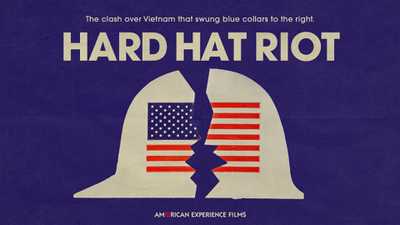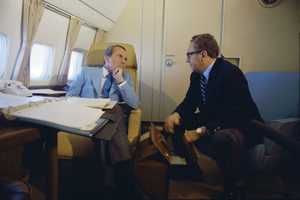What It Was Like to Work for Henry Kissinger
The statesman’s former staffers recall the impossible, thrilling experience of working by his side
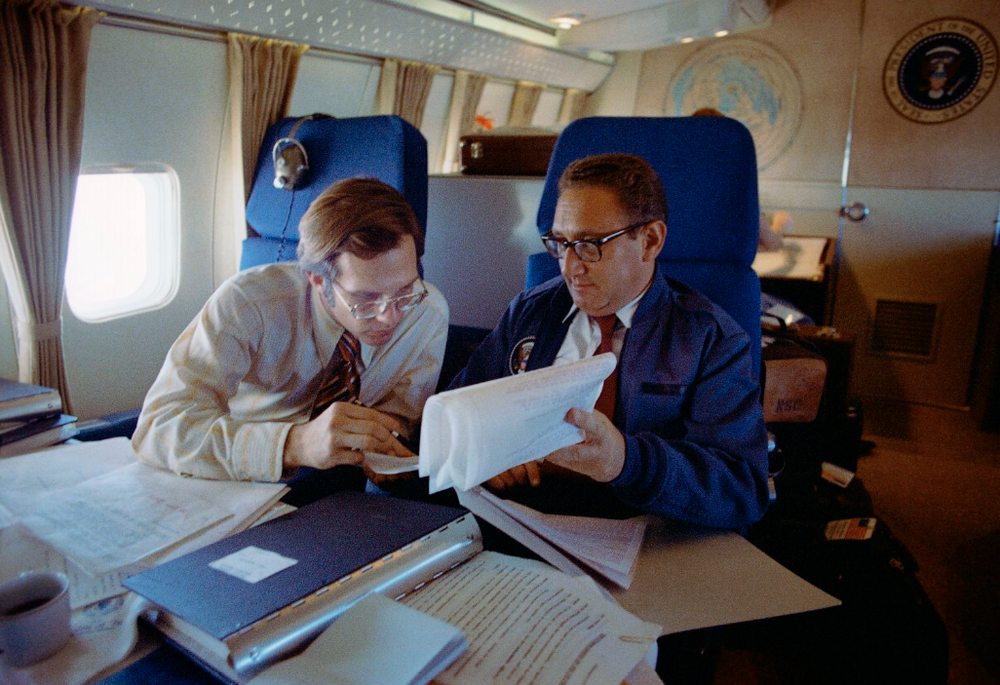
For a generation of young diplomats, strategists, and scholars, working for Henry Kissinger meant stepping directly into the nerve center of American power. As National Security Advisor and later Secretary of State under Presidents Nixon and Ford, Kissinger guided U.S. foreign policy through some of its most defining moments—from the opening to China to the negotiations that ended the Vietnam War. Inside his National Security Council, a team of ambitious aides worked at a relentless pace, caught up in the thrill and the strain of proximity to history.
Behind the global headlines, those who served under him recall both chaos and brilliance: a boss who inspired awe and exasperation, laughter and loyalty, and whose mix of genius and insecurity made the work exhilarating and exhausting in equal measure. They remember the marathon days, the secret missions, the crises that tested endurance—and the sense, even decades later, that they had glimpsed power at its most human. Here’s what it was like to work for Henry Kissinger, in their own words.
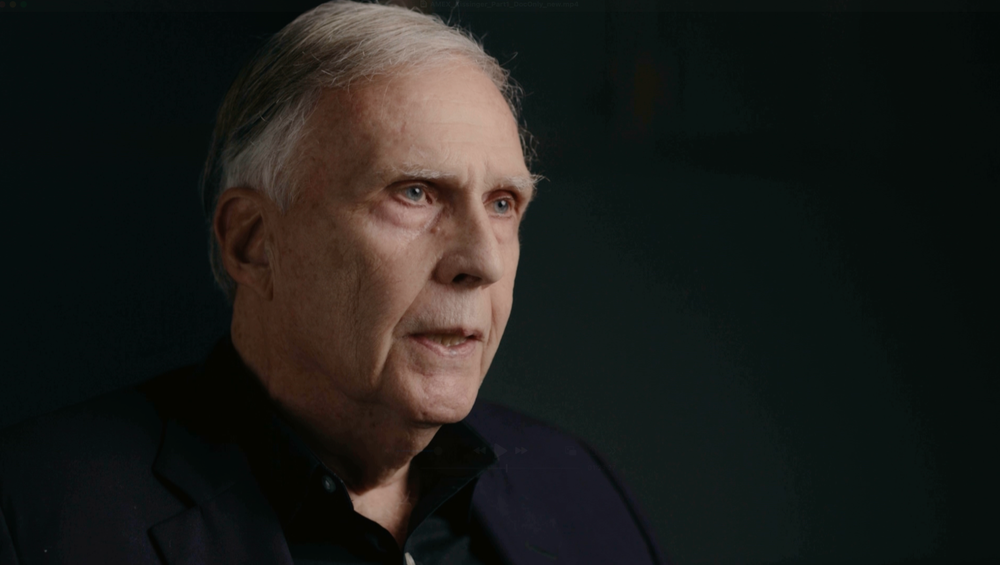
Inside the Kissinger Crucible
The NSC staff under Kissinger, I think, is probably the most brilliant staff that was ever assembled. Kissinger chose the best people and didn't care about ideology. He just wanted the most able, articulate people, and so he drew people from the government, from the state department, CIA, defense, the scholarly world, the media world. It was an extraordinary collection.” - Winston Lord
We were graded. We were told we had done a B-plus or maybe an A-minus if we were really lucky, but always, of course, you had to go back because the only real A was Henry's own rendition.” - Roger Morris
He was a demanding perfectionist with his staff. Nothing could ever be right. There was also the joke that if Henry didn't yell at you, he didn't love you.” - Sam Hoskinson
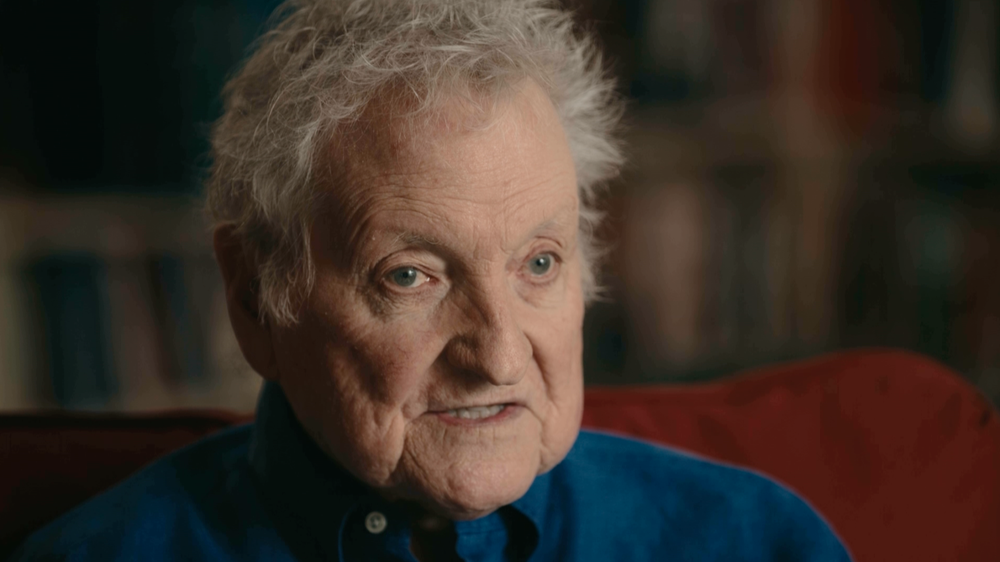
Cloak, Dagger, and Code Names
On the logistics of the secrets, here’s the way it would work: I would leave the office at 8 or 9 p.m. on Friday night, and say to my compatriots ‘I'm going to take the weekend off, I got to take a break.’ Saturday morning, I would join Kissinger. We'd get on Air Force Two. All the way across, because Kissinger's never satisfied with your memos, redoing the memos and the talking points for the North Vietnamese. We fly into the middle of France. In the safe house, we used code names so that the housekeeper wouldn't know who we were. You go into the meeting with the North Vietnamese, could be 10 hours, 14 hours. On the way back, you're preparing a memo to the president on what happened. You get home and you go into the office the next day, Monday, and pretend you've had the whole weekend off.” - Winston Lord
I can tell you one phobia he absolutely had because I personally witnessed it. And that was flying, and especially flying in small aircraft. I can remember one time we walked out to the airport in the morning. It was the monsoon season, we had very strong winds and turbulence. Henry was holding onto the curtains of that airplane for dear life. But he did it. And by the end of his career, he'd flown so many million miles. I don't think he even paid attention to whether he was in an airplane or not. “ - John Negroponte
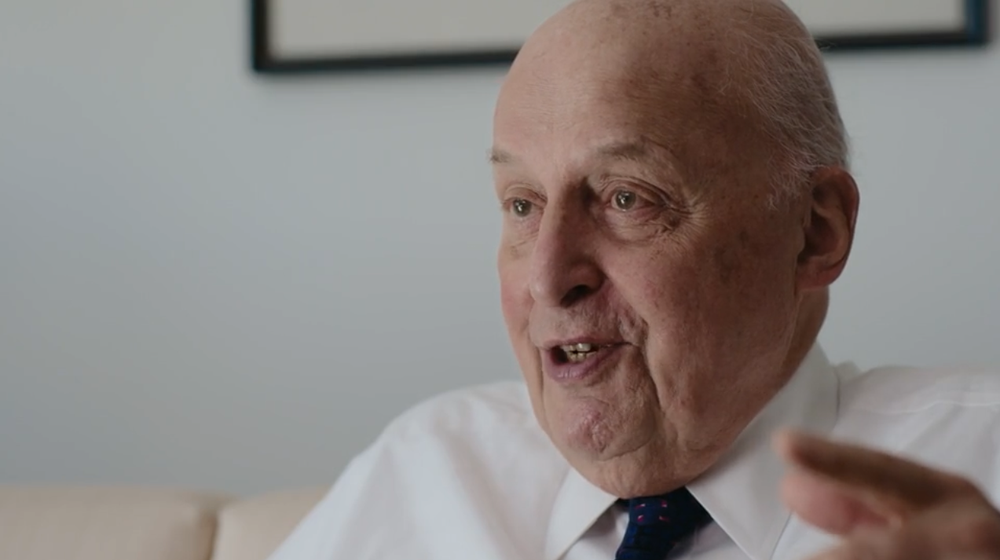
We're about to meet the Chinese for the first time in 22 years, and Kissinger is going to negotiate with Zhou Enlai. So, what was occupying Henry at this point? He had no shirts. His staff assistant had forgotten to pack good-looking shirts for him, and he was worried over how he was going to look at this momentous occasion, and I, of course, said to Henry, you know, Henry, you haven't even started negotiating with Zhou Enlai, you've already lost your shirt.” - Winston Lord
Kissinger played the inside game by indulging the party of the moment so that if he needed to wiretap his own staff, he did so without question, without remorse, without regret, and if he needed to betray an ally in the government for bureaucratic reasons, he did so without remorse.” - Roger Morris
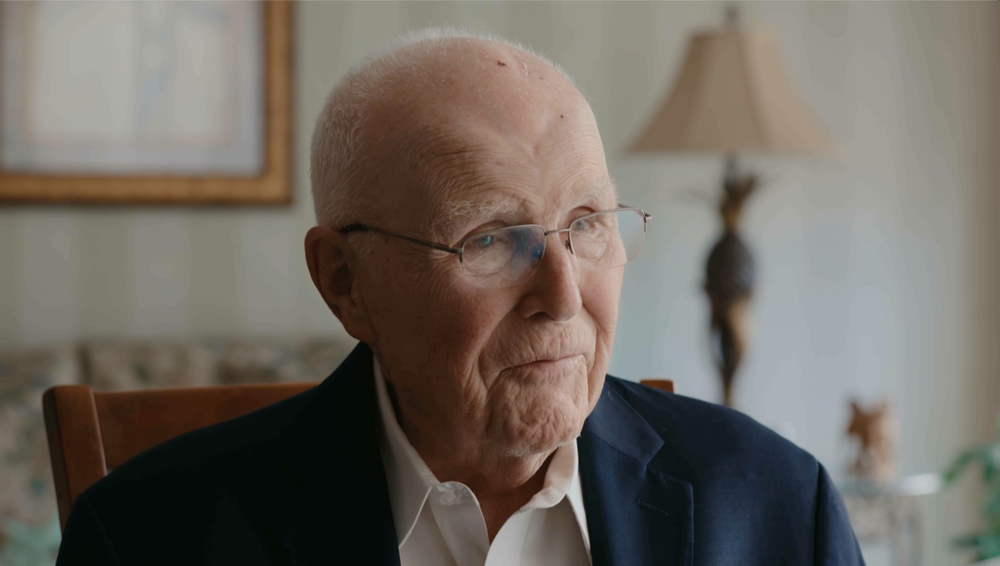
The Education of a Lifetime
Henry Kissinger was such a prominent personality in my field that to have the opportunity to work for him was beyond what I could have possibly expected at that age. It was a tremendous opportunity for a young man. It was like being at the epicenter of world power.” - Sam Hoskinson
I enjoyed working with him, every day. He encouraged me to argue with him. He had a very dry sense of humor that I enjoyed. Even though I lost every argument with him he encouraged me to argue—to his credit, because not many bosses would do that. I lost the arguments because he was smarter than I am.” - Anthony Lake
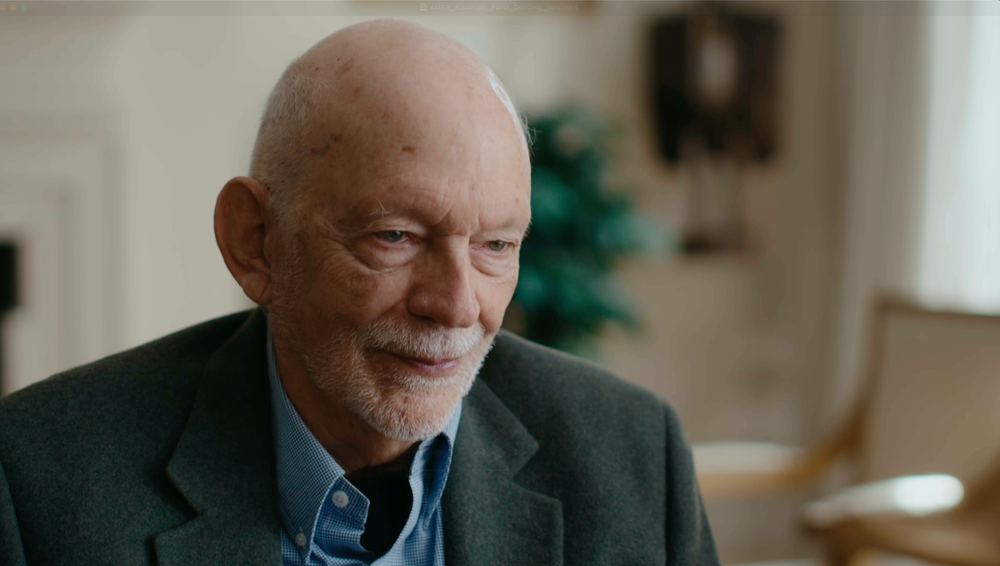
Kissinger was very demanding, obviously. I've always said he was a friend, and a mentor, and a tormentor. I've always described it as the agony and the ecstasy. The agony of incredible hours—I was working 80 to 100 hours, and therefore missing time with my young children, missing holidays and anniversaries and birthdays. Also, the agony where we ran into troubles and had crises. But then the ecstasy of the breakthroughs, the dramatic events that I was involved in, what I think we achieved for American and national interest made it all worthwhile.” - Winston Lord
